Yesterday, 08 September 2025 the UN Human Rights Commission’s 60th Session began and includes a discussion on the HRC Report, “Situation of Human Rights in Sri Lanka” (A/HRC/60/21) covering the period “October 2024 until July 2025, with reference to events in previous years, where appropriate”, submitted pursuant to the HRC Resolution 57/1 adopted on 09 October, 2024.
NPP Government of President Anura Kumara Disanayaka (name as officially spelt) virtually rejected the Report A/HRC/60/21 when Foreign Affairs Minister Vijitha Herath told the session, Sri Lanka rejects all external interventions including Sri Lanka Accountability Project at the OHCHR. Nevertheless, the Disanayaka government has pledged to continue engaging with the UNHRC. The report A/HRC/60/21 in its “Conclusion and Recommendations” say, “The Government has pledged a fresh direction on several long-standing issues, including addressing some emblematic cases to deliver justice to victims, restoring the rule of law, and eliminating ethnic discrimination and divisive politics”. (No.58) The report quoted above adds, this should include all war time crimes and also include trust building measures.
Since the conclusion of the war 16 years ago in May 2009, my count of UNHRC Resolutions on Sri Lanka totals 10 since the first in 2009 May 28. Adopted at a Special Session, Resolution S-11/1 acknowledged a process of reconciliation and was in favour of the Sri Lankan government. The second UNHRC Resolution 19/2 was in March 2012 and requested the GoSL to provide a time schedule to implement Recommendations of the Lessons Learnt and Reconciliation Commission (LLRC). Though the LLRC was a high powered commission appointed by President Rajapaksa himself, with C.R. de Silva an ex-Attorney General and a person with unquestionable credibility and integrity appointed as its chairperson, the Defence Ministry administered by Gotabhaya Rajapaksa as its Secretary, dragged the whole task of preparing a schedule giving Tamil Diaspora backed US and its allies good reason to adopt Resolution 22/1 in March 2013 that stressed on “an independent and credible investigation into alleged violations of international human rights and humanitarian law”.
Yet, it is an agonising history of sheer neglect of the affected North-East polity by both the UNHRC and the GoSL. They played politics to suit each other’s agenda, while leading Tamil political parties including the ITAK avoided politically intervening here on the ground, expecting the international community to bring them justice. None of the State agencies the GoSL established as compromises, the Office for National Unity and Reconciliation (ONUR), the Office of Missing Persons (OMP), the Office for Reparations (OR) had played any constructive role in carrying out their mandate, other than doling out money.
It should not have taken Tamil leaders, civil rights campaigners and Jaffna activists 16 years to learn, the UN and its agencies including the UNHRC are a mere waste of time, that they have not been delivering justice to any grieving party. Even if one would not go as far as the Korean war in 1950 and the Vietnam war in 60’s, massive human tragedies in Afghanistan, Iraq, Libya and Syria, the present 02 year long genocide war in Gaza by Israel devastating Palestinian life and land, tell all that need to be told about the UN system. While thousands of EU citizens come on the streets against Israel, while the International Association of Genocide Scholars (IAGS), a 500-member body of academics passed a resolution stating Israel’s policies and actions in Gaza amount to genocide as set out in the UN Convention for the Prevention and Punishment of the Crime of Genocide, while countries like Italy, Japan, Canada, Colombia, the Netherlands and Belgium have ceased arms sales to Israel and Spain have slapped an embargo on Israel over arms, settlement and goods, ports and airspace restriction and entry for war criminals, Volker Türk the UN Commissioner for HR could only plead for global support at the opening of the present UNHRC Session, to stop the Israeli war in Gaza.
I would therefore not disagree with the Rajapaksas nor with President Disanayaka and his NPP government in rejecting UN Resolutions and their conditions. It was a waste of 16 years, since ruling political party leaderships in Sri Lanka also played for Sinhala-Buddhist votes at the expense of war affected people. “Reconciliation” was simply touted expecting to collect some minority votes on the run.
Concerns raised in UNHRC Reports and Resolutions over, ongoing trends such as threats, intimidation and violence targeting civil society and human rights activists, journalists, and continued serious human rights violations, including arbitrary arrests and detentions under the PTA, torture and custodial deaths, and in the North-East, harassment and threats against families of the involuntarily disappeared, rehabilitated “LTTE cadres” and journalists cannot be addressed as the UNHRC Resolutions say, when mainstream political leaderships canvass for Sinhala-Buddhist votes. With 16 years and still counting with no progress possible, this Resolution even if adopted in October would make no difference to the war affected Sri Lankan Tamil people and to Sri Lanka as a whole.
I stood for rejection of UNHRC Resolutions on the condition, implementation of the LLRC Recommendations and the APRC Final Report should be mandatory. Two days after the LLRC Report was tabled in parliament on 18 December (2011) I wrote in my analysis of the report “Commission’s recommendations have touched upon all areas and all aspects in a not so unfair manner and in careful language. They now have to be brought out for a good social discussion and strong lobbying to have them translated into action. (https://groundviews.org/2011/12/18/llrc-recommendations-can-the-rajapaksa-regime-digest/)
Home-made as they are and by a Commission appointed by the “war winning” President Rajapaksa, LLRC recommendations can be lobbied for in the Sinhala South. It would be difficult for Rajapaksa fans to reject a Rajapaksa product. One loud slogan the NPP used was “All governments in the past have failed” and they still keep saying it. Thus none could deny when the LLRC says, “The Commission takes the view that the root cause of the ethnic conflict in Sri Lanka lies in the failure of successive Governments to address the genuine grievances of the Tamil people” (No. 8.150) and then qualifying it by saying “A political solution is imperative to address the causes of the conflict” (No. 8.151). Disanayaka would not disagree, with his present special focus on Jaffna. On reconciliation the report says, “Commission however wishes to emphasize that the responsibility for being the prime mover of this process lies squarely with the Government. Since reconciliation is a process and not a onetime event” (No. 8.149).
Reconciliation also requires effective implementation of law and order in society. On law and order the Commission says, “The Police Department is a civilian institution which is entrusted with the maintenance of law and order. Therefore, it is desirable that the Police Department be de-linked from the institutions dealing with the armed forces which are responsible for the security of the State.” In fact, the Police Department was essentially a civilian institution till the JVP insurrection in 1971, when it was provided “emergency powers” and special training to suppress the insurgency. It was then under the Home Ministry.
Firmly based on such assumptions and perception, the LLRC says in very clear terms, “It is important that the Northern Province reverts to civilian administration in matters relating to the day‐to‐day life of the people, and in particular with regard to matters pertaining to economic activities such as agriculture, fisheries land etc. The military presence must progressively recede to the background to enable the people to return to normal civilian life and enjoy the benefits of peace.” (No. 9.227) State administration in every part of Sri Lanka would have to reformed and established as independent civil administration.
Rajapaksa’s carefully constituted LLRC, having visited all geographical areas including war affected North-East and the remote South came to the conclusion, “The issue of ‘devolution’ then is of national importance, affecting the people of the entire country. It is a matter on which the widest possible political consensus is required” (No. 8.213) and stressing its importance, noted, “The Commission wishes to underline the critical importance of making visible progress on the devolution issue, in order to ensure the success of any process of lasting and sustainable reconciliation” (No. 8.225).
It is this the All Party Representative Committee (APRC) had also addressed; devolution through a novel constitution, that also proposes a Second Chamber. What is also important in this is that, most Southern Sinhala-Buddhist political parties have agreed on devolution beyond that of 13A after long debates and discussions that extended into 128 Sessions. It says power is devolved into 03 tiers of governance, with each tier having its powers clearly defined through separate lists of powers.
The APRC also proposes a Second Chamber. “A Senate will be created by which the Provinces will able to play a role in the national legislature. It would also act as an in-built mechanism against hasty legislation that may have an adverse effect on the Provinces.” The APRC has some novel features in that it proposes 02 Community Councils for the Upcountry Tamils and for Muslims outside Eastern Province elected by them. Purpose they say is to provide constitutional space for them to cater to their cultural needs.
Minister Herath cannot now go back on his promise made at the 60th UNHRC Sessions. He told delegates the present NPP government “is committed to advancing human rights and reconciliation through credible domestic processes”. There is no better approach than launching a campaign for both LLRC and APRC Final Reports.
My condition being, recommendations of the two reports, the LLRC and the APRC Final Reports should be implemented with a two thirds majority in parliament, and thereafter publicly endorsed at a Referendum. Let’s see what response there is from Tamil leaders in parliament.
Kusal Perera
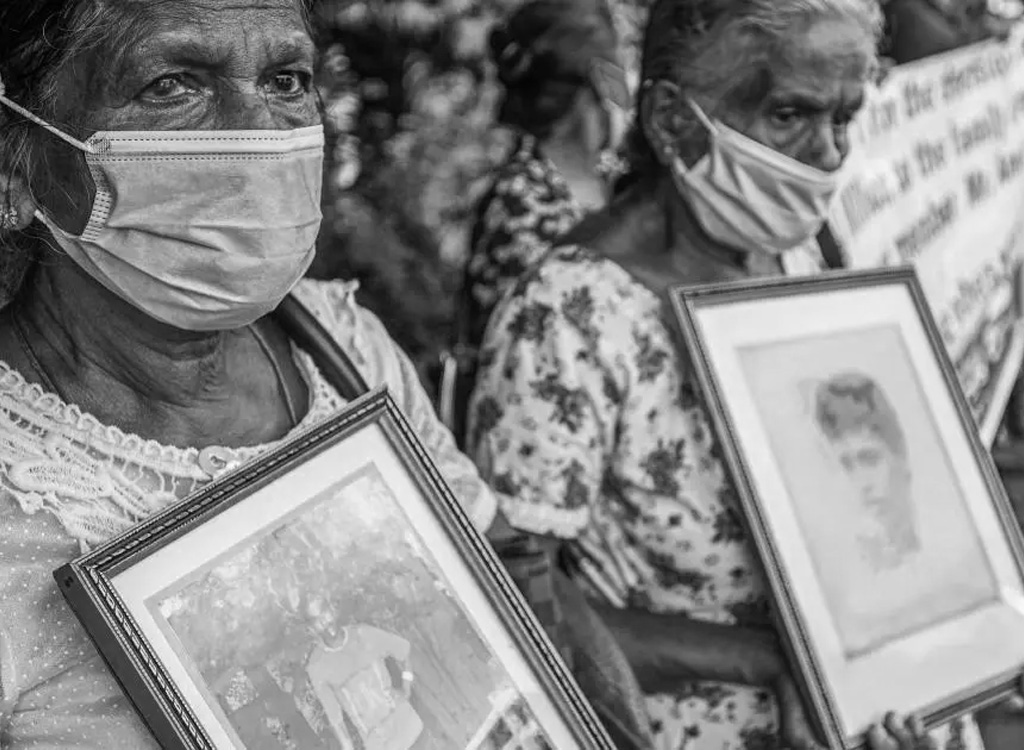


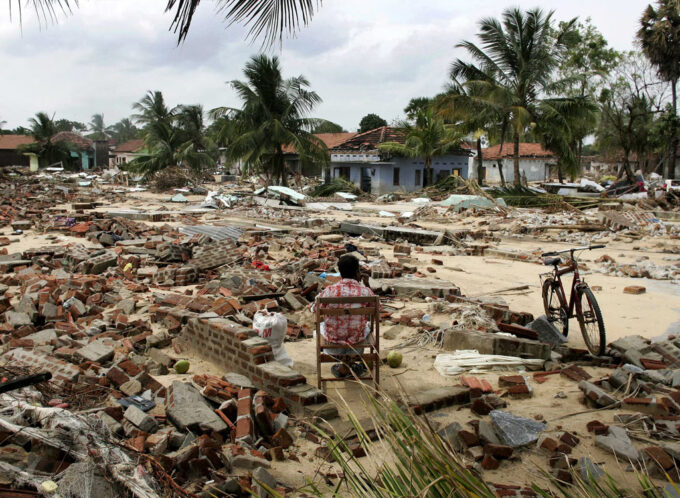
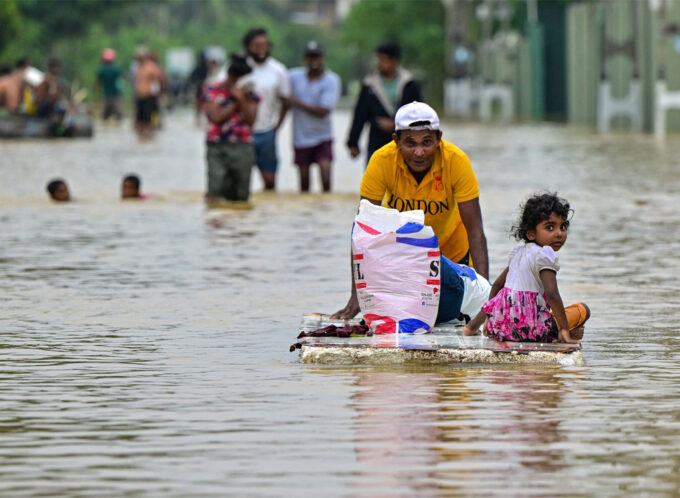
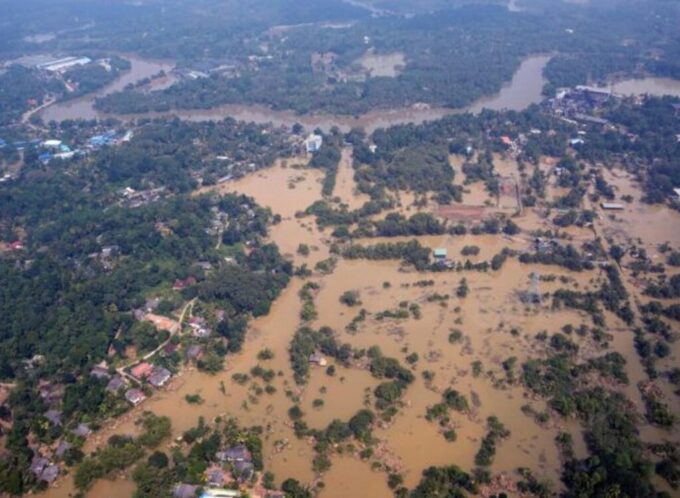
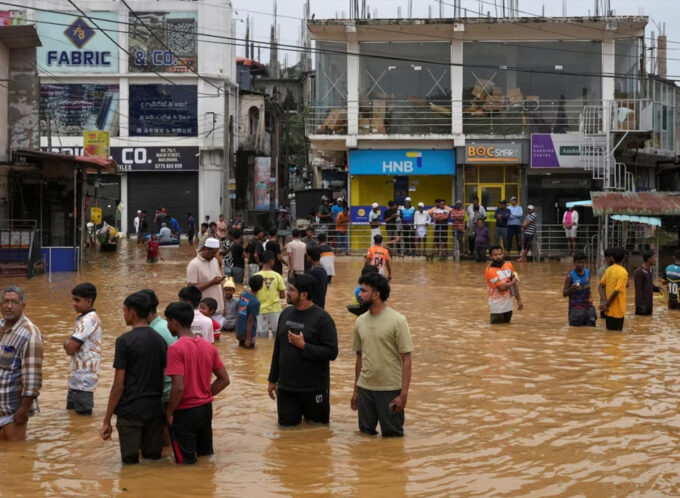

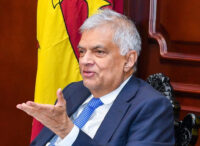
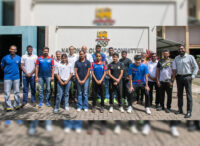
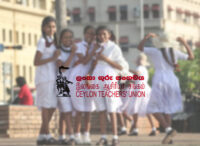
Leave a comment